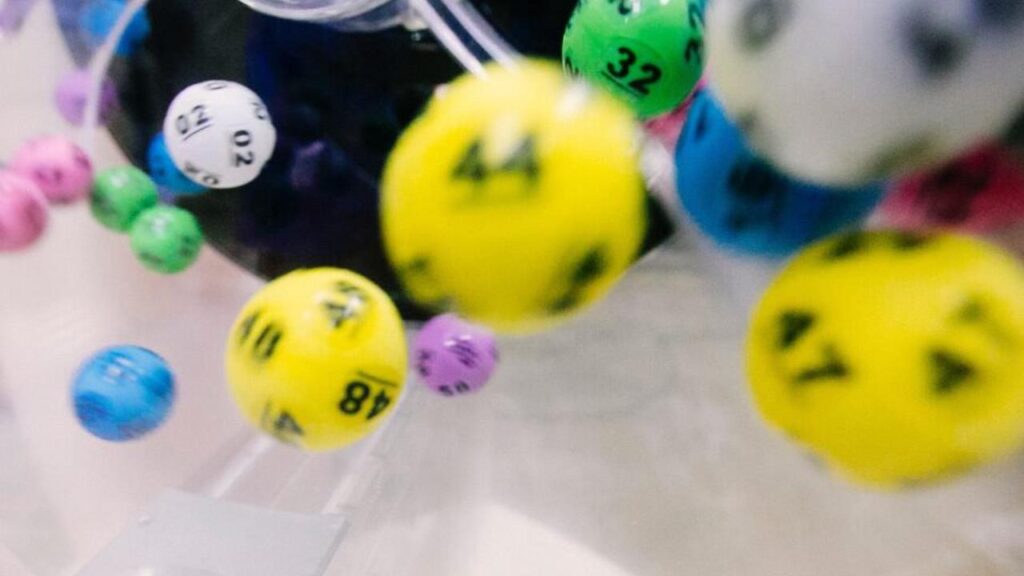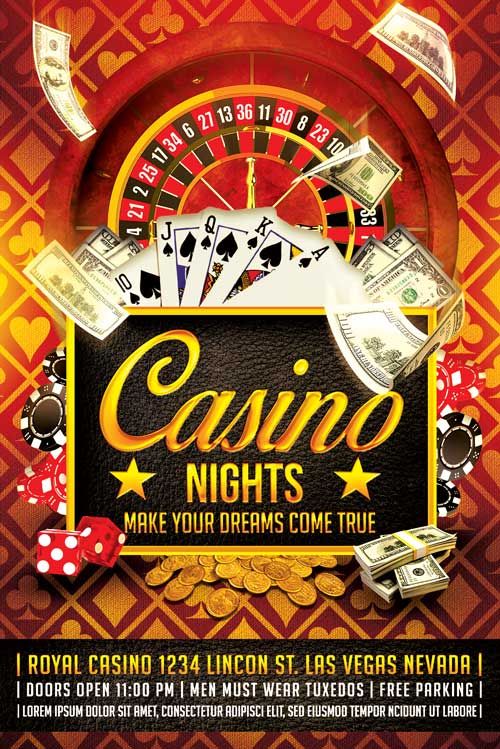The allure of winning the lottery has fascinated people for decades, spawning countless theories and dreams of striking it rich. However, when it comes to understanding the science behind lottery numbers, there’s a fundamental truth: there’s no guaranteed winning formula. At its core, the lottery is a game of chance. The numbers are drawn randomly, and each combination has an equal probability of being selected. This randomness is ensured by the use of sophisticated algorithms and mechanical devices designed to eliminate any patterns or biases that could skew the results. To understand why there’s no winning formula, it is essential to delve into the concept of probability. The total number of possible combinations is given by the combination formula, which in this case are 13,983,816. This means that every time a draw occurs, each combination has an equal 1 in 13,983,816 chance of being chosen.

The idea of finding a winning formula often involves analyzing past winning numbers to identify patterns. However, this approach is flawed due to the principle of independence. Each draw is an independent event, meaning the outcome of previous draws does not influence future ones. The lottery is designed to ensure that every draw is a separate event with no memory of the past results. Thus, any patterns observed in past draws are coincidental rather than predictive. Mathematically, there’s no way to predict which numbers will be drawn next. Random number generators, which are used in digital lotteries, operate on algorithms that produce unpredictable results. Similarly, mechanical lottery machines use physical mechanisms to ensure randomness, making it nearly impossible to predict the outcome.
Some people turn to statistical methods, such as frequency analysis, to choose their numbers. They might pick numbers that appear more often or avoid those that have not been drawn recently. While these methods might seem logical, they are based on the mistaken belief that past frequency can influence future outcomes. In reality, each number’s chance of being drawn remains constant regardless of past results. Another common myth is that certain numbers are luckier than others. This belief is rooted in the fallacy that certain numbers or combinations have a higher likelihood of being chosen. In truth, all numbers have the same probability, and no number is inherently more likely to win than another. while the idea of a winning formula for jawatogel lottery numbers is appealing, it remains a myth. The lottery is a game governed by chance, with each combination having an equal probability of being selected. The randomness is rigorously maintained to ensure fairness and no amount of analysis or pattern-seeking can alter this fundamental truth. Understanding the science behind lottery numbers highlights the importance of approaching the game with realistic expectations and recognizing it for what it truly is—a game of pure luck.

